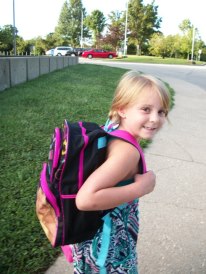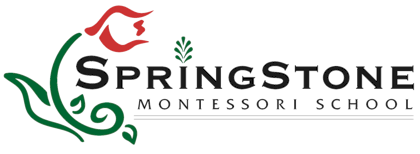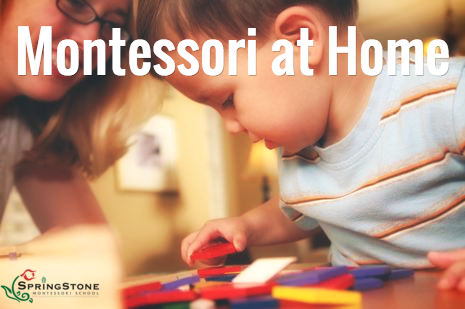The transition from Montessori to Public School
The big transition from a Montessori learning environment to public school is something on many parents’ minds.
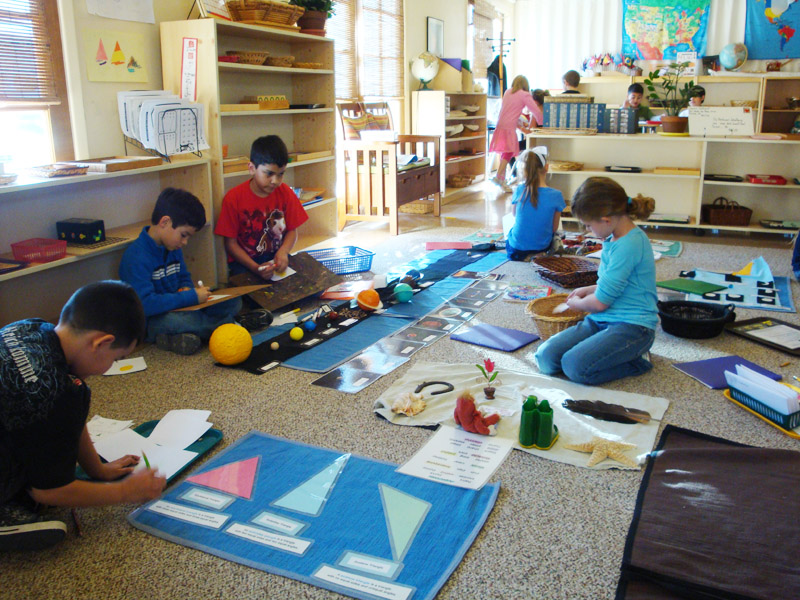
A question regarding this transition may be, ‘How will my child adjust?’ Parents may ask just that when they need to decide where their child will be continuing their educational journey after years within a Montessori learning environment. Whether it is transitioning from a Montessori preschool to a public kindergarten, or the transition happens later, maybe after 3rd or 5th grade, this same question raises concerns for many parents.
Since a complete PreK-12 Montessori program is not readily available in many states, transitioning is something the majority of Montessori children will have to accomplish at some point in their school careers.
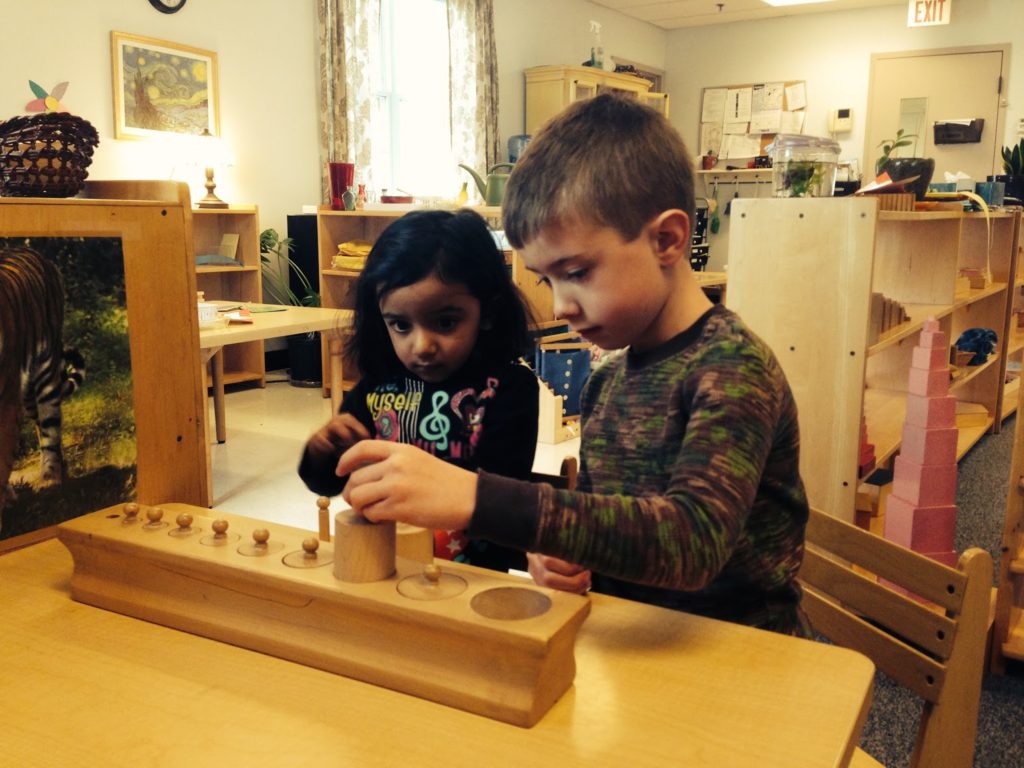
While all children respond to transitions differently, the simple answer is, your child will do just fine. From the earliest ages, children in a Montessori learning environment develop a high degree of self-motivation, coping skills for dealing with new situations, and a strong sense of respect and responsibility. All these skills will serve them well when they transition to a different school setting.
Let’s look at this topic from a research perspective.
Most parents’ concerns are focused on two primary areas: academics and socialization. Some children may be bored at first and ready to move onto the next concept before the rest of the class. Everyone in the class doing the same thing at the same time is a new concept and unlike Montessori work, and it definitely requires adjustment for Montessori children.
A longitudinal research study supported by AMI was conducted on 400 students in Milwaukee. Here is the link to the study for your reference – https://amiusa.org/wp-content/uploads/2012/03/amiusa-outcomes2.pdf
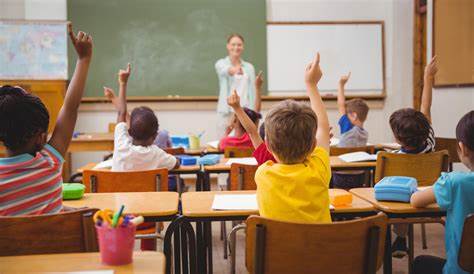
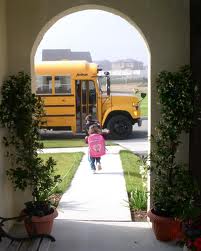
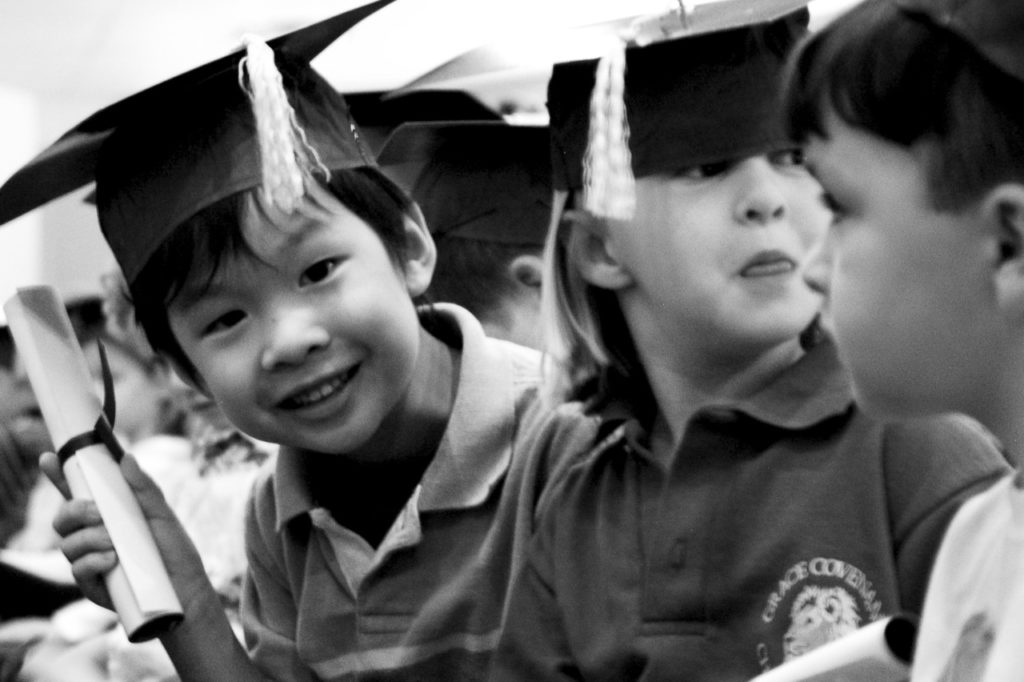
Below is the criteria used for the research study.
- 50% of the students received public school education from kindergarten to graduation; the other 50% attended Montessori schools through 5th grade before transitioning into the public school system.
- The two groups were carefully matched in terms of gender, ethnicity and family financial status.
- At the end of the study, which was conducted between 1997-2007, test scores and GPAs were compared.
Here is a quick summary of the findings regarding academics.
- Students who had received Preschool – Grade 5 Montessori education not only outperformed the other student group in math and science test scores, but also graduated with higher GPAs.
- The study concluded that early Montessori education had a long-term impact on later public school performance.
- Students transitioned excellently on an academic level.
Here are some of the important skills Montessori students have learned to support their socialization skills.
- Montessori-educated children have learned the core values of respect for self, respect for others and respect for the environment from an early age.
- Their mixed-age classrooms have allowed them to interact with a more diverse social circle than most other children their age.
- Montessori children have learned to interact peacefully with others using conflict resolution and social interaction strategies.
- Research studies have also shown that Montessori students demonstrate a greater sense of fairness and justice, and they are more likely to choose positive responses for dealing with social dilemmas.
- These skills serve them extremely well as they move into their new classrooms and begin making new friends.
